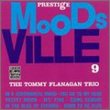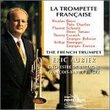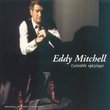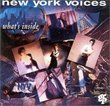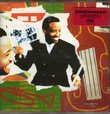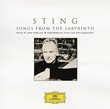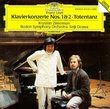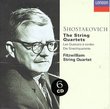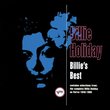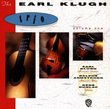| All Artists: Dave Brubeck Title: Dave Brubeck Octet Members Wishing: 1 Total Copies: 0 Label: Ojc Release Date: 7/1/1991 Genres: Jazz, Pop Style: Cool Jazz Number of Discs: 1 SwapaCD Credits: 1 UPCs: 025218610124, 0090204094899, 025218010115, 025218010146, 025218610148, 090204027255 |
Search - Dave Brubeck :: Dave Brubeck Octet
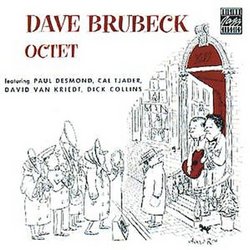 | Dave Brubeck Dave Brubeck Octet Genres: Jazz, Pop
The listener has to forgive a few things about this undeniably brilliant collection of Dave Brubeck's first big ensemble. First: the liner notes' pretentions. Brubeck announces there that between 1946, when some of these t... more » |
Larger Image |
CD DetailsSynopsis
Amazon.com essential recording The listener has to forgive a few things about this undeniably brilliant collection of Dave Brubeck's first big ensemble. First: the liner notes' pretentions. Brubeck announces there that between 1946, when some of these tunes were recorded, and 1956, when the tapes were first "reissued" on LP, "very few released recordings" have "more musical importance" than the octet. Second: the nearly seven minutes of "How High the Moon" narrated to show how jazz was formed, as the band plays in short demonstrative segments. Third: the audio vérité sound, which even Brubeck thought questionable in 1956. Hearing this dynamic set, though, makes forgiveness easy. The arrangements show a wild abundance of color and orchestral finesse (many of the group's members were, like Brubeck, students of Darius Milhaud). You get quick-clip swingers like "The Way You Looked Tonight" and the string of chamber-esque horn studies that includes "Schizophrenic Scherzo" and more. You also get to hear early Paul Desmond and William O. Smith bouncing ideas off each other and drummer Cal Tjader. And it's all a delight, especially with the magnanimity of "forgiving" Brubeck. --Andrew Bartlett Similar CDsSimilarly Requested CDs
|
CD ReviewsChamber Jazz History Lesson William Faust | Columbus, Ohio | 12/17/2000 (3 out of 5 stars) "I didn't care for this disc but I'm not panning it altogether because the playing is first rate and the ideas are innovative and ahead of their time. I just don't care for the music - it's more a matter of personal taste. These 18 tracks, recorded in 1946 by the Dave Brubeck Octet, feature a good deal of experimental (for the period) "chamber jazz" based on some standards as well as original compositions. On one track, an announcer actually narrates as the group goes through a series of variations on How High The Moon, from early jazz form to bop. Interesting stuff, intellectually stimulating but not very fun to listen to. I'm just a traditionalist...it's gotta swing! Recommended for serious students of jazz and history buffs only. If you're looking for some swinging jazz octet, check out Dave Pell or Don Fagerquist."
|

 Track Listings (18) - Disc #1
Track Listings (18) - Disc #1